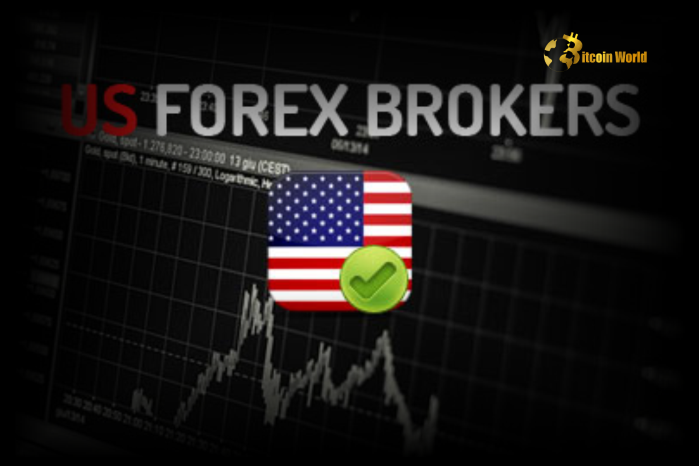A Beginner’s Guide to Forex Trading in America
A Beginner’s Guide to Forex Trading in America
Blog Article
Legal Regulations for Forex in the United States
Foreign exchange, or Forex trading, pulls millions of participants in the United States every year. Its pure size and liquidity allow it to be one of the most fascinating markets globally. Nevertheless, forex in america. takes a special and strict method of regulating Forex activities. If you are looking to deal currencies or just wish to know the way legal frameworks shape the Forex market, understanding these regulations is crucial.

Essential Appropriate Frameworks Surrounding Forex in the US
Forex regulation in the United Claims stands apart due to its complete risk controls and client protections. Two leading government bodies oversee many Forex actions:
• Thing Futures Trading Commission (CFTC)
• National Futures Association (NFA)
The CFTC, produced in 1974, is tasked with regulating the futures and possibilities areas, international trade included. The NFA, as a self-regulatory organization, performs closely with the CFTC to enforce principles and maintain fairness in trading practices.
Subscription and Submission
Every Forex supplier or broker doing business with U.S. citizens must register with both CFTC and NFA. These entities are also required to stick to rigorous working standards, including:
• Minimum internet capital requirements (often higher than in other countries)
• Continuing audits
• Solid anti-money laundering (AML) procedures
• Translucent chance disclosure
Violations can cause significant fines or a permanent ban from the market. This regulatory construction seeks to prevent fraud, defend investors, and increase industry integrity.
Major Limitations on Forex Activities
Foundational defenses influence how Forex works in the U.S.:
• Leverage restricts: The NFA models a optimum control of 50:1 for important currency couples and 20:1 for minors. That is much below several international markets, supporting protect inexperienced traders from significant losses.
• Segregation of funds: U.S. law needs that client funds are held split up from broker functional funds. That calculate safeguards traders in the event a broker becomes insolvent.
• Advertising and disclosure: Firms should clearly describe dangers, fees, and trading systems to clients. Misleading or hostile solicitation methods experience strict penalties.
Enforcement and Penalties
U.S. agencies often monitor for fraudulent systems, insider trading, and illicit market manipulation. Statistical knowledge from enforcement studies shows a steady structure of penalties and settlements recently, displaying continuous vigilance. That setting, while stricter than many elements of the entire world, creates a better enjoying subject for retail and institutional traders alike.
Things to Consider as a US Forex Trader
New traits show an ongoing increase in regulatory measures, an emphasis on customer education, and continuous changes to compliance requirements. If you plan to trade Forex in the U.S., it's necessary to:
• Confirm a broker's productive enrollment status
• Remain current with regulatory improvements
• Review risk disclosures before generally making trades
This approach reduces unforeseen losses and increases your prospects in a tightly controlled but effective marketplace. By understanding legal rules, U.S. traders may confidently take part in the Forex market while keeping within the parameters of the law.
Report this page